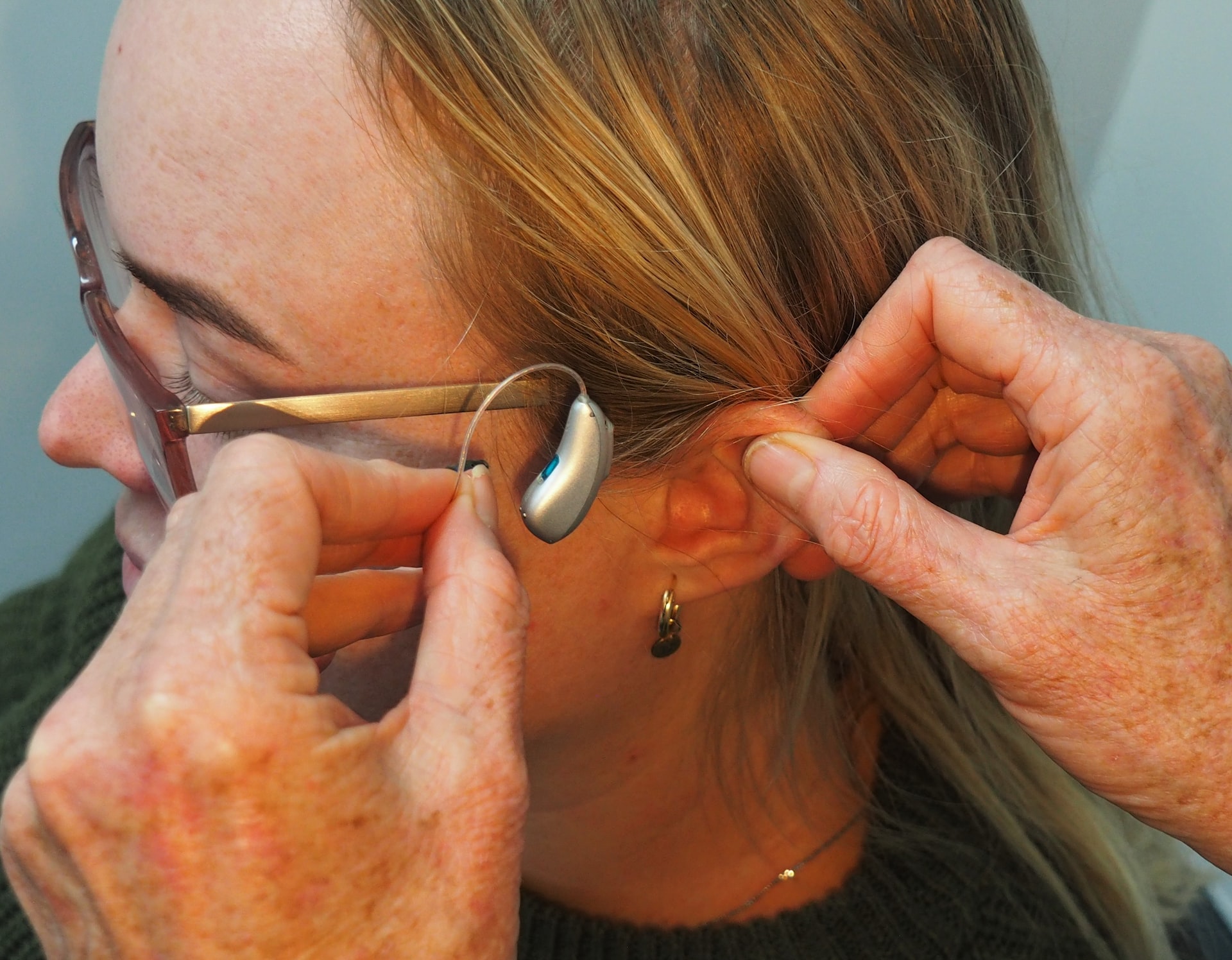The question of what level of hearing loss requires a hearing aid can be confusing, especially if you are looking for an excellent solution to your problem. However, if you know your hearing loss level, you can take the necessary steps to prevent further damage and find a suitable hearing aid that suits your needs.
Moderate Hearing Loss
Hearing loss is a problem faced by millions of Americans. If you are one of them, you may wonder what kind of impairment you have and what treatment you should use. The following information will help you understand the different levels of hearing loss and what to expect from the hearing aids available.
Mild hearing loss is the type of hearing impairment that causes you to listen to some sounds at an average level. This can include soft speech, quiet voices, and background noise. It can also be hard to understand what others are saying.
Moderate hearing loss is the kind of hearing impairment that affects most people. If you have this type of hearing impairment, you will not only have difficulty hearing normal conversation at an average level, but you will also have trouble understanding other types of speech, such as consonants and vowels.
Mild hearing loss can be corrected with amplification. Amplification can help you to understand what’s being said, so you can follow a conversation. It also allows you to concentrate on a task in a quieter setting.
Severe hearing loss is a much more significant problem. People with severe hearing loss cannot hear any sound below 70-94 decibels. Depending on your level of hearing loss, you will need to rely on lip reading or sign language to communicate with others.
Moderate hearing loss is the middle ground between mild and severe and can be managed by wearing Costco hearing aids. These hearing aids are smaller than they used to be and are easy to use. A hearing aid can also help you hear things you may not have heard before, such as doorbells and telephones.
Meniere’s Disease
Meniere’s disease is a condition that results in severe vertigo and hearing loss. It can be challenging to diagnose. The symptoms of Meniere’s disease vary from person to person. Some people will have mild problems, while others will suffer severe attacks.
In the beginning, many patients develop only hearing loss. However, over time, their hearing will gradually become worse. For a person to get a proper diagnosis, their doctor must assess their medical history and physical examination. They may also need a CT or MRI scan to rule out underlying conditions.
A hearing aid can help with the hearing loss caused by Meniere’s disease. Hearing aids are designed to work with the patient’s unique hearing acuity and pitches.
People with Meniere’s disease should discuss their symptoms with their audiologist. An audiologist can determine if a hearing aid will help. If not, your doctor may suggest surgery.
In cases where there is no improvement after several weeks or months, surgery may be considered. Surgery is usually done on the inner ear and balance nerve. This procedure removes the nerve and opens the fluid draining from the inner ear chamber. Two-thirds of the patients are cured after surgery.
Patients are sometimes advised to limit their salt intake. This can help to reduce the number of attacks. Also, it can be helpful to reduce the amount of caffeine and chocolate in your diet.
The primary goal of any treatment for Meniere’s disease is to control the symptoms. A variety of options are available to patients, including surgery, alternative therapies, and cognitive-behavioral therapy.
It is essential to consult with a therapist. It would help if you also looked into support groups that provide coping strategies and information.
Depending on the severity of the disease, some patients can be diagnosed and treated without surgical intervention. These treatments can include acupuncture, positive pressure therapy, and cognitive-behavioral therapy.
Noise-Induced Hearing Loss
A person with noise-induced hearing loss will have trouble hearing high-frequency sounds and understanding others’ voices. It can also cause tinnitus or ringing in the ears. Having a hearing aid can help people who have noise-induced hearing loss.
Noise-induced hearing loss is caused by repeated exposure to loud sounds. Some examples of these sounds are concerts, motorcycles, snowmobiles, firing ranges, and power tools.
Exposure to these loud sounds can permanently damage the hair cells in the inner ear. This can cause tinnitus or even lead to full-blown hearing impairment.
Noise-induced hearing loss can occur quickly or slowly over the years. If you have the condition, you should consult an otolaryngologist or ENT. The doctor will test your hearing with a standard audiogram. He will then look for wax buildup in your ear and structural problems with the ear.
Although there is no cure for permanent hearing loss, there are several ways to treat it. With a hearing aid, you can improve your hearing and learn how to shield yourself from loud noises in the future.
While avoiding noise is the obvious answer, it is not always possible. For example, teenagers who listen to loud music may be at risk for noise-induced hearing loss. They are particularly vulnerable because their ear canals are small.
The ability to communicate with others and stay safe can be impacted by hearing loss. In addition to having trouble understanding other people’s conversations, a person with noise-induced hearing loss may be unable to read lips.
However, many tools can help with noise-induced hearing loss. You can prevent it from occurring or find a way to treat it if it does.
Although noise-induced hearing loss is not as common as other types of hearing loss, it can affect a wide variety of people. Everyone, including babies, teens, and older adults, can be at risk.





Leave a Reply
You must be logged in to post a comment.